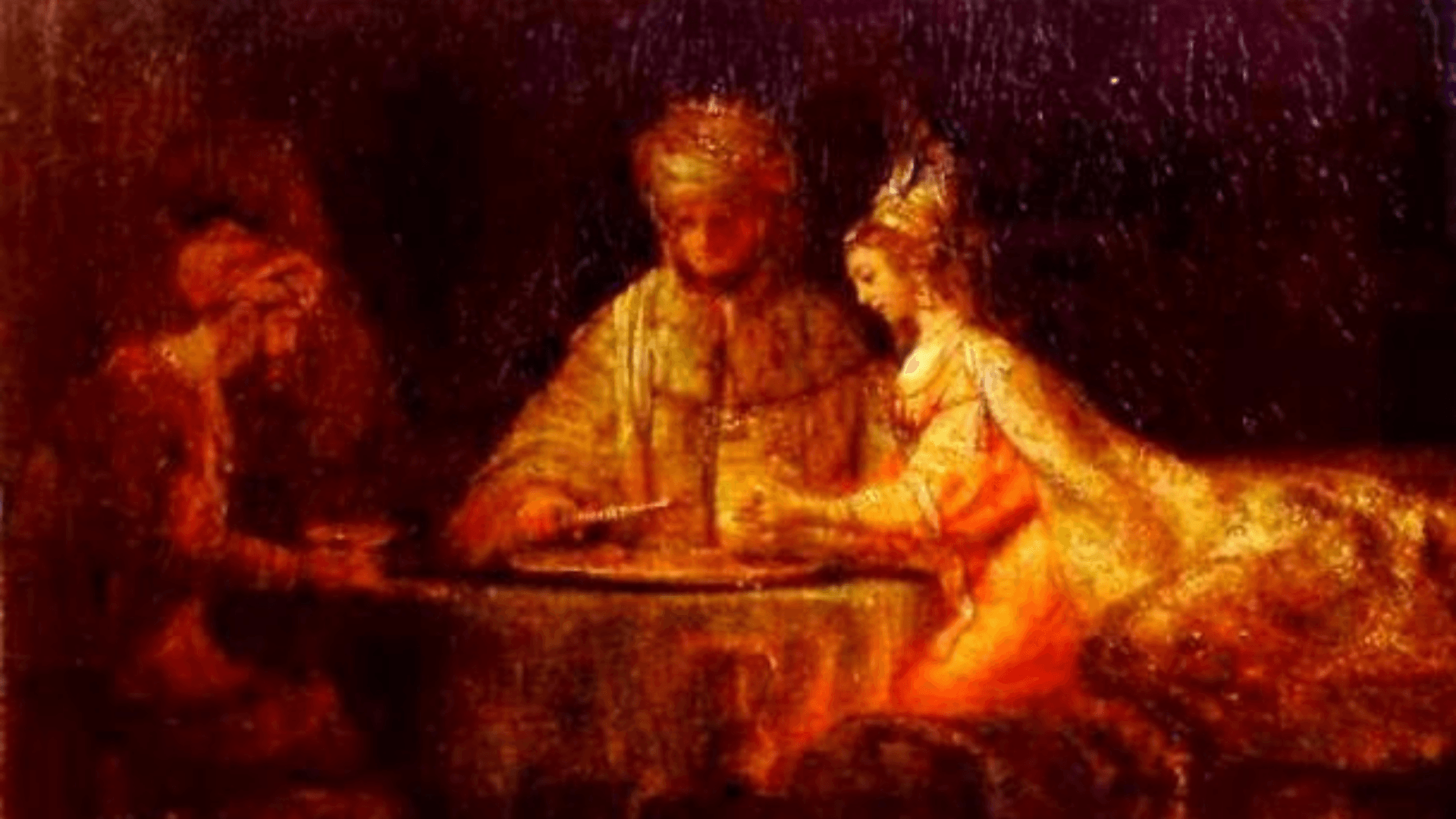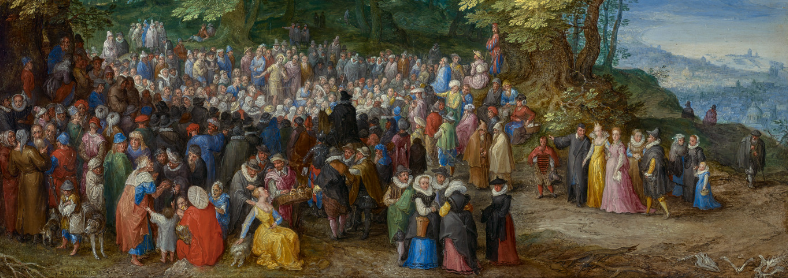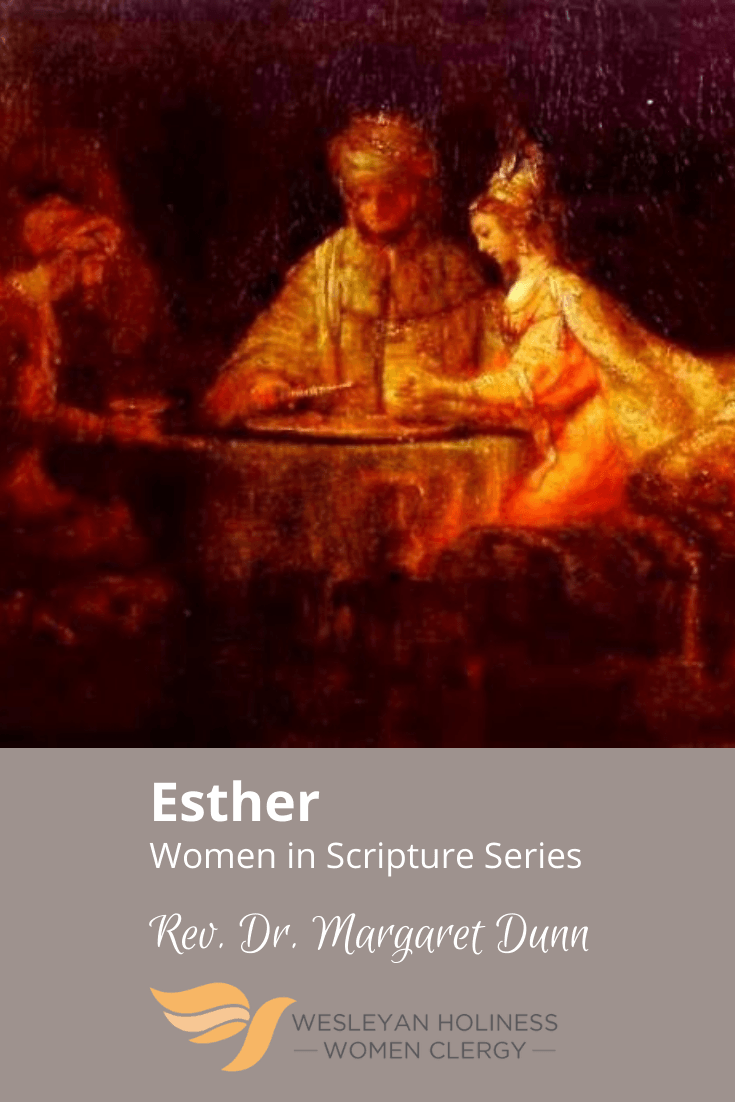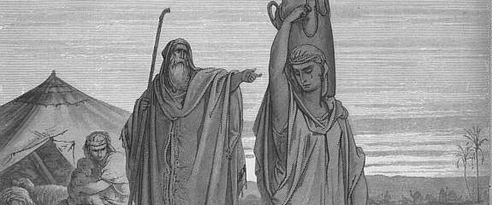Dr. Margaret Dunn is an ordained minister in the Church of God. She is serving at Mid America Christian University as an adjunct instructor and at Parkgate Community Church as a learning hour teacher for 3rd-5th grade students, a prayer partner, and a member of the missions team. She has been a member of leadership teams for the Church of God on the state and national level and was a member of the planning team for the 3rd, 4th, and 5th WHWC conferences. She lives in Pasadena, Texas.
Esther: Women in Scripture Series
Rev. Dr. Margaret Dunn • October 20, 2021 | WHWC
Orphan to Queen. Savior of Her Nation

Introducing Esther
Last month, I wrote about Deborah and Jael, two women who demonstrated holy boldness and led Israel in the defeat of the Midianites. This holy boldness is also seen in Esther’s story. Esther’s story took place in Persia about 100 years after the Israelites had been taken into captivity. The story told in the book of Esther takes place during the rule of Ahasuerus, who amongst others has been identified as the 5th-century Persian king Xerxes I (reigned 486–465 BC).
For reference, Deborah’s judgeship was in the 12 century BC. In Esther’s time, many Jews were living in Persia after being taken captive. Esther was an orphaned Jewish girl who was cared for by her uncle Mordecai. She lived in Susa, the capital of Persia. The Persians had captured Babylon, and though some Jews had returned to Jerusalem, Esther and Mordecai had not. Esther won a beauty contest and became queen to a very temperamental king. Sue Nelson describes Esther in this way.
Esther lived in a time when Israel was in captivity as a consequence to their disobedience to God. She was just an adopted daughter of a cousin living in a foreign land. Other than her beauty, she was not unique in any way. In fact, she was a Jew, which was a minority race that was frowned upon and at times scorned or worse (Nelson, S. retrieved July 2021).
We do not know what kind of religious education Esther received. We do notice that God’s name is not mentioned in the Book of Esther. I found an interesting article as I explored why God’s name is not mentioned in the book. Mackie and Woollard describe the chiastic structure of the Book of Esther and then make two concluding statements.
In fact, by never mentioning God and simultaneously conveying the events with perfect literary symmetry the author is making a profound theological point showing us that God’s providence is at work in everything to save and deliver his people. It’s a technique meant to push you, the reader, to explore God’s providence even in the darkest moments of history. It invites you to see how God can and does work in the real mess and moral ambiguity of human history to accomplish his divine purposes. (Mackie and Woollard).
Far from being secular, Esther pushes us to look at our own lives and consider how God might be actively working behind the scenes, even in the face of great threat or tragedy, to accomplish his good and perfect purposes. We’re called to trust in God’s providence even when we can’t see it working or don’t understand what’s happening. The message calls us to deeper levels of faith where we choose to believe that no matter how horrible things get, God is committed to redeeming his good world and overcoming evil. (Mackie and Woollard).
Here is a link to a short video that tells us the story of Esther and illustrates the book. It is about nine minutes long. https://youtu.be/JydNSlufRIs
The video tells the story much better than I can summarize it here. We find Esther, an orphan, becoming queen and being so brave that she saves the Jews from the eradication that Haman wanted. Like other women that I have written about, Esther was an ordinary woman that God used to do extraordinary things. The story of Esther teaches us four important lessons women leaders can lean from and lean from in our own lives.
Lesson One
We may not see God working in our lives, but He is even when we do not see it. God has a plan and He works to accomplish it. This is important to remember when we are discouraged, defeated, or dealing with a great tragedy. It is important to remember when we are waiting. It is also important to remember when things are going well. God is God and we are not.
Esther’s story illustrates trust when she goes before the king. She finds courage in the words from Mordecai -
“For if you remain silent at this time, relief and deliverance for the Jews will arise from another place, but you and your father’s family will perish. And who knows but that you have come to your royal position for such a time as this?” Esther 4:14 NIV.
Maybe Mordecai was remembering what happened to Barak when he did not want to go into battle without Deborah and another person killed Sisera. In our own lives, we might not understand why, but we do know who is in control. We learn the importance of trusting God as we read the Book of Exodus and see how often the Israelites did not do this well. (For example, Exodus 32). We can trust God in the hard times, the waiting times, and the good times. God used Esther to save her and the Jews from genocide.
Lesson Two
Esther knew the importance of fasting and prayer and called upon others to fast and pray for and with her. Angela Guzman puts it this way. The same idea of fasting and prayer can be applied towards everyday life. More often than not, God’s children tend to get caught up with the fast pace that life presents to us on a daily basis. The duties that we must complete at home and at work can get frustrating and cause unexpected stress. It’s very important that we find a balance within life’s requirements by fasting and prayer.
Remember that fasting can mean actual fasting from food, but also be relevant to avoiding other temptations that bog you down – shopping for materialistic items, gossiping, or any other actions that can present negative outcomes. Don’t wait until you hit rock bottom. Instead instill a regular course of fasting into your life that will keep you on a definitive checks and balance system. (Guzman, Angela Five Biblical Lessons from the Book of Esther retrieved from https://www.beliefnet.com/faiths/christianity/galleries/5-biblical-lessons-from-the-book-of-esther.aspx retrieved July 2021.
Fasting causes us to look to God and focus on Him as our source for life and ministry. It gives us a time away from our routine to focus on Him and His calling in our lives. Fasting is a spiritual discipline that we may practice when we are faced with a major decision or circumstance like Esther, but it can also be part of our regular spiritual practices. This is a lesson that God is teaching me during this season of my own life.
Lesson Three
God wants us to listen to our mentors and spiritual advisors. Throughout the Book of Esther, we read of Esther listening to Mordecai and trusting his advice. As God puts mentors in our lives, we can thank Him for them, and then listen to them. We can also ask them to pray with and for us as we make difficult decisions or as we need to have courage. Esther needed this courage as she approached the king. She knew his past and knew what had happened to Vashti when she dared to speak and not do as he asked her. (See Esther Chapter 1).
Esther knew that in going to see the king she was going against the law. She not only asked all the Jews to pray for her after listening to Mordecai, she had the courage to speak the words we know so well from her story. “Go, gather together all the Jews who are in Susa, and fast for me. Do not eat or drink for three days, night or day. I and my attendants will fast as you do. When this is done, I will go to the king, even though it is against the law. And if I perish, I perish.” (Esther 4:16 NIV). Esther was encouraged to do this by Mordecai and we know the results of her obedience.
Lesson Four
God uses ordinary people to do extraordinary things. He also uses those who have experienced hardships or are in some way handicapped. Esther was an orphan in a strange land. She was living as an exile. She was not wealthy and did not have status in the land. She was a “nobody” until she entered the beauty contest.
Angela Guzman says it like this -
“Even though she was removed from Persian nobility, God still had a plan and position for her. God could see the strengths that Esther possessed and understood how to use her traits for the greater good of the nation. It’s important to not get bogged down with the idea of handicaps and hardships because the negative connotations are crippling.”
This is a lesson I have had to learn in recent days as I have confronted my mobility challenges. I have had to learn how to serve in different ways then when I was able to move better. If you are also finding life challenging due to circumstances beyond your control (getting old is not something I control), then we can learn from Esther and allow God to use our strengths to serve Him by loving Him, loving others, and loving now.
I found the story of Esther particularly helpful as I face some of my current challenges in ministry, and was encouraged by her story. Sometimes life throws us some curveballs and we just have to trust God with the outcome. As I have had to deal with them, the lessons of Esther’s trust in God, her example of fasting and prayer, the input from her mentors, and not being defeated by life’s challenges are important ones for me. God is teaching me again to wait and to trust and to seek Him by practicing daily spiritual disciplines. I pray that these lessons are helpful for you as well.
I will close with words from one of my favorite minor prophets Habakkuk -
Though the fig tree does not bud
and there are no grapes on the vines,
though the olive crop fails
and the fields produce no food,
though there are no sheep in the pen
and no cattle in the stalls,
yet I will rejoice in the Lord,
I will be joyful in God my Savior.
The Sovereign Lord is my strength;
he makes my feet like the feet of a deer,
he enables me to tread on the heights. (3:17-19).
References
Guzman, Angela Five Biblical Lessons from the Book of Esther retrieved from https://www.beliefnet.com/faiths/christianity/galleries/5-biblical-lessons-from-the-book-of-esther.aspx
Retrieved July 2021
Mackie, T. and Woollard, W. (2018). Esther: Secular or Sacred? A Brilliant Literary Design. Bible Project Blog. Retrieved from https://bibleproject.com/blog/esther-secular-sacred/
July 2021.
Nelson, Sue Women of Noble Character Series retrieved from https://www.womanofnoblecharacter.com/esther-in-the-bible/
retrieved July 2021.
Painting:
‘Ahasuerus and Haman at the Feast of Esther’, Rembrandt, 1660.
Enjoyed this article? Connect with us on one of our social media platforms. Share it and forward it to a friend:

Wesleyan Holiness has a rich and diverse history of women empowered by the Holy Spirit following God in obedience to Him, blocking out the voices of those who didn't embrace or encourage women preachers. Each one of them are the women whose shoulders we stand upon, making way for the next generation of women pastors coming up behind us.

The wonderfully freeing truth we have in the Beatitudes is that they are not a checklist of to-dos and rules to hem us in, keep us in line, or that we must check off. The Beatitudes are words given to us as grace, dripping like honey from a honeycomb with blessing and hope in a desperate and broken world.




